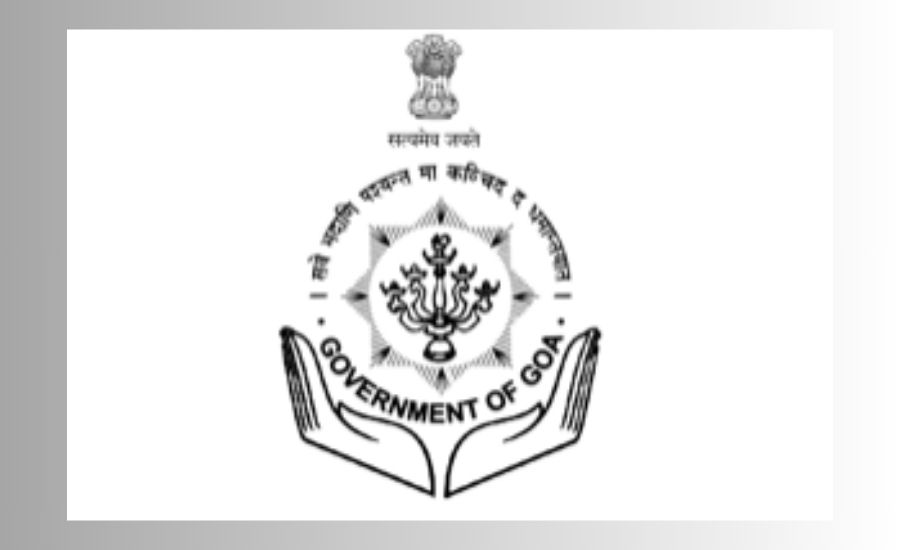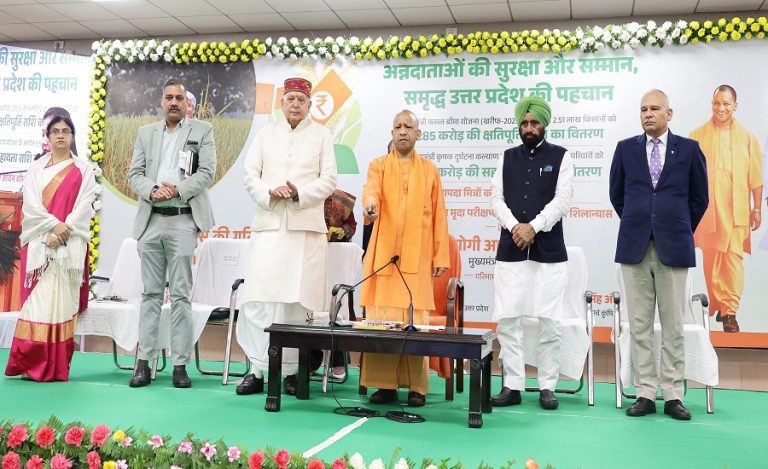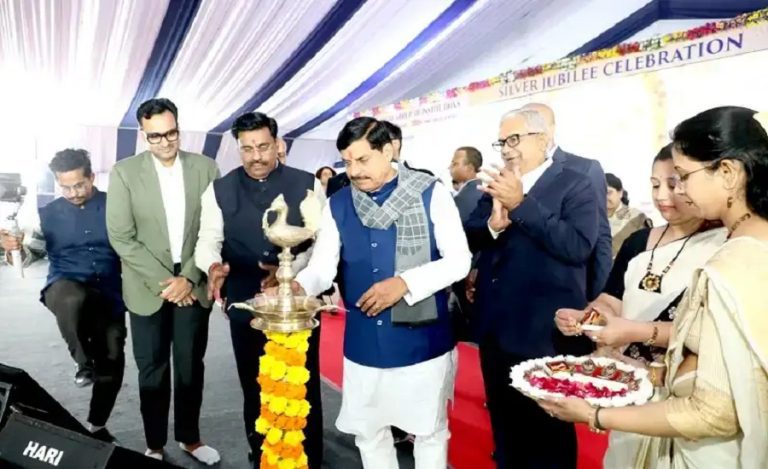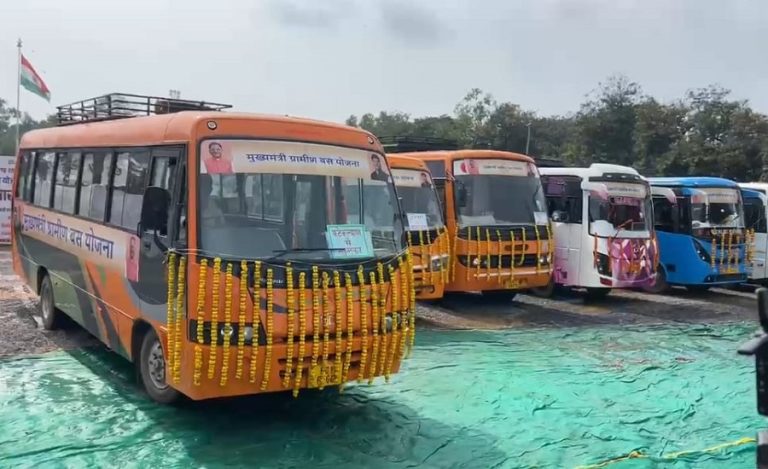Panaji: The coastal state of Goa is witnessing a shocking twist in the high-profile job-recruitment scam where hundreds of job-seekers were allegedly duped into paying huge sums with promises of securing government employment. The Goa Police has now widened its investigation after a key accused named a Cabinet minister and a senior IAS officer as being part of the racket.
Background of Cash for Jobs Scam
The case first surfaced in October 2024, during a police probe into a complaint from a job-aspirant who had paid lakhs of rupees to an accused middle-person. Since then, multiple cases emerged — by December last year at least 33 FIRs were registered across the state in relation to this alleged job-fraud.
Many aspirants claimed that they were promised positions in various government departments but never received them, even after paying large sums. Earlier investigations had ruled out the involvement of “organised nexus” or political figures — suggesting the accused had merely mis-used names of power to dupe victims.
Importance of the Cash for Jobs Scam Exposure
Youth Employment & Trust: This scam strikes at the heart of young aspirants’ hopes in Goa who seek legitimate government jobs — if the recruitment system is compromised, entire faith in governance takes a hit.
Governance Transparency: When accusations surface against a minister and senior bureaucrats, it raises serious questions about accountability, institutional integrity and the rule of law.
Political Fallout: The ruling party in Goa is under pressure, as opposition parties argue this case reflects political-bureaucratic collusion, and demand a judicial probe.
Legal Precedent: The outcome could set a precedent for how recruitment frauds are handled across India, particularly when senior officials are implicated.
Key Challenges to Watch
Evidence and Naming: While Pooja Naik has made serious allegations, the names of the minister and officer remain undisclosed in official records (so far) — making the investigation complex.
Sanction & Bureaucratic Hurdle: Inquiry into a serving minister or IAS officer often requires sanction, which introduces legal and procedural delays. The crime-branch has indicated a referral to the Vigilance department for further action.
Trust Deficit: Many victims and opposition leaders believe the initial police probe was superficial.
One opposition leader said, “We cannot trust the police… since a Cabinet minister and people in power are alleged to be involved”.
If proven, systemic implications: If top-level officials are found complicit, this could expose systemic vulnerabilities in recruitment and governance that will require major reforms.
Implications of Cash for Jobs Scam
For the Government: The ruling government led by Pramod Sawant faces an image crisis. The CM has promised strict action: “Once the investigation is complete, the government will not spare anyone — be it ministers or senior officials.”
For Victims: Job-seekers who paid large amounts are still waiting for recourse and justice. If the case stalls, their grievance will deepen.
For Public Confidence: Recruitment processes will be under greater scrutiny. A failure to deliver justice can further erode faith in public institutions.
For Media and Oversight: Journalism and public advocacy will play a key role in tracking the progress of this probe and ensuring accountability.
Way Forward
Immediate FIR & Full Investigation: The police must register the fresh FIR against all named individuals and ensure transparent, time-bound investigation.
Judicial / Independent Inquiry: Given the high-level nature of allegations, state opposition and civil society are demanding a judicial probe to ensure neutrality.
Sanction Mechanism Fast-tracked: The sanction process for investigating ministers/IAS officers should be expedited so that inquiry isn’t impeded.
Support for Victims: A compensation mechanism and alternative recruitment process for affected aspirants should be considered.
Systemic Reform of Recruitment: Goa government should strengthen checks and transparency in recruitment — digital tracking, public dashboards and regular audits.
Public Update & Transparency: Regular public disclosures of investigation progress can rebuild trust and demonstrate commitment.




























